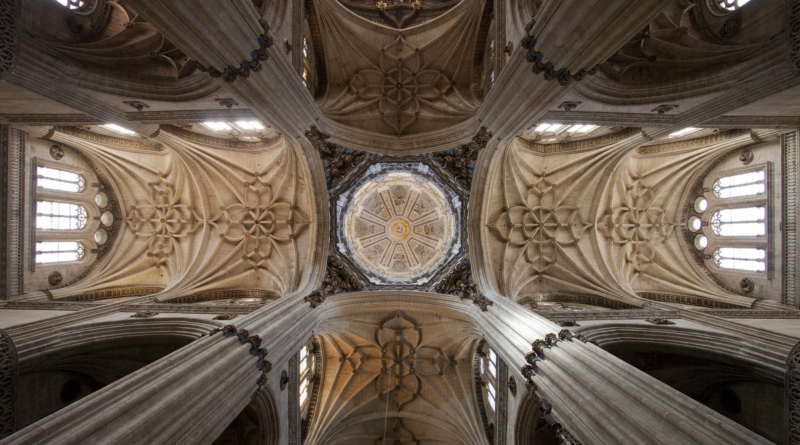Practicing Catholics in America today have a tremendous thirst to learn from the great teachers of the Church’s tradition. We see this reflected in popular interest in the Church Fathers, monastic writers, Saint Thomas Aquinas, post-Tridentine spiritual authors, and—increasingly—the great 20th-century commentator on Aquinas, Reginald Garrigou-Lagrange.
Garrigou-Lagrange belongs to a seven-century-long tradition of Thomistic commentators who have elucidated the faith with Aquinas as their guide. The majority of these commentators were consecrated men, whose intellects—and whole lives—were dedicated to God and the mission of the Church. Most were Dominican friars, religious brothers of St. Thomas who accepted his insights into the first principles of reality and applied them to the questions of their own time.
Almost all of these commentators are unknown today. Their writings remain unread and (mostly) untranslated. Giants of this tradition, such as John Capreolus (1380–1444), Thomas de Vio Cajetan (1469–1534), John of St. Thomas (1589–1644), and Charles René Billuart (1685–1757), are some of the great unsung heroes of the Church’s intellectual tradition.
These men wrote with a simplicity and verticality that can be challenging for us today. Unlike their modern peers, they did not begin by studying man and his limitless potential for art and self-invention. Instead, they looked outward at the order of things and upward at God—He Who Is—who guides man to ascend to a perfection that far surpasses anything he could invent for himself. Equipped with seemingly cold principles like act and potency, the commentators have given the Church sublime insights into what happens in us when we are transformed by the fiery love of the Holy Spirit.
The commentators were simple preachers of grace, following in the footsteps of our holy father, Saint Dominic. Like him, they consented to be hidden in the light of the truth they preached. Today, however, it seems like the commentators are hidden not in their doctrine but along with their doctrine! Like miners who seldom see the sun, most of us Catholics are unacquainted with the light and warmth of their teaching.
In order to share their luminous teaching, we at Dominicana have prepared a new series of posts on the Thomistic commentators. For the next five Saturdays of the Easter season, student brothers will introduce you to a small sample of the figures in the commentatorial tradition, including some of the names listed above as well as even lesser-known ones.
This project is not simply a historical exercise. By studying the commentators’ work, we can think more clearly about the mysteries of revelation. Looking at these past theologians ultimately amounts to looking at profound present realities. Contemplating these realities, aided by these disciples of St. Thomas, allows us to be ever more receptive to God’s healing and sanctifying action in our lives.
Over the course of this series, these great doctors will teach us how to think clearly about grace, causality, infused gifts, theology, and charity. Thinking precisely about these matters is not merely idle speculation. It is meant to lead us to a deeper knowledge and love of God. We hope that this series will nourish your interest in the Church’s intellectual tradition. Beyond that, we hope it will lead you closer to our living God.
✠
Photo by Fr. Lawrence Lew, O.P. (used with permission)







